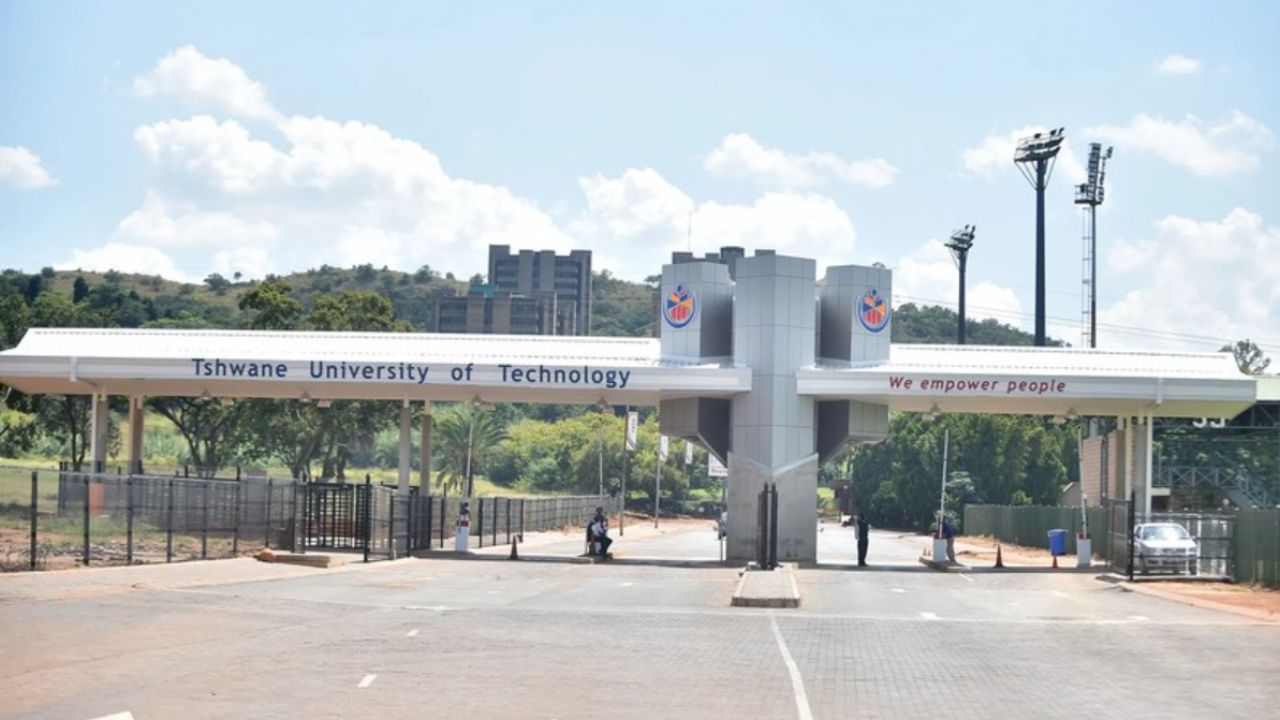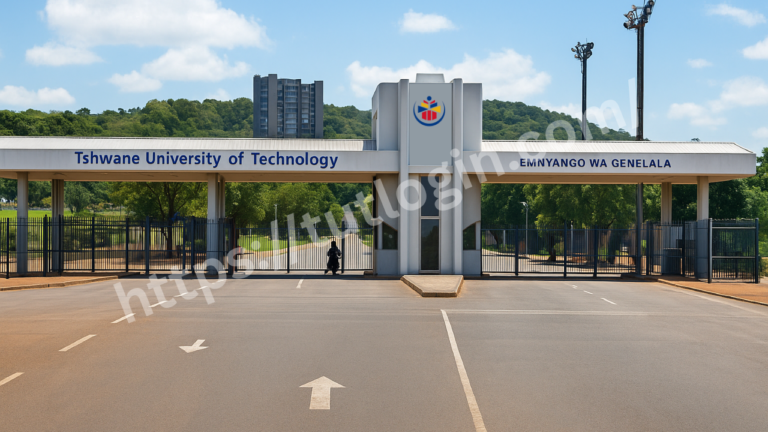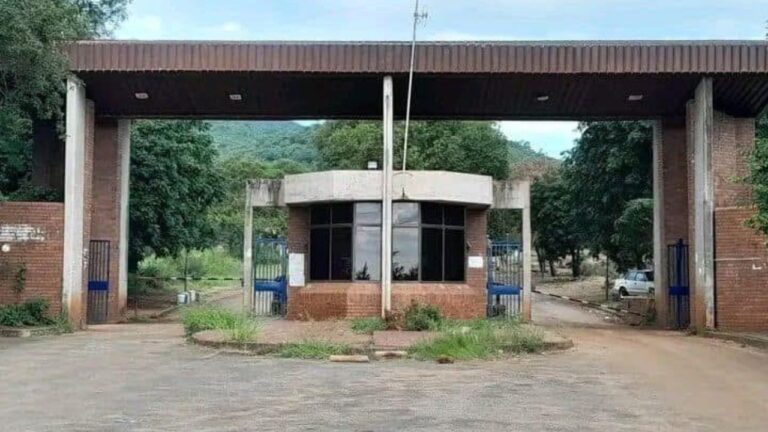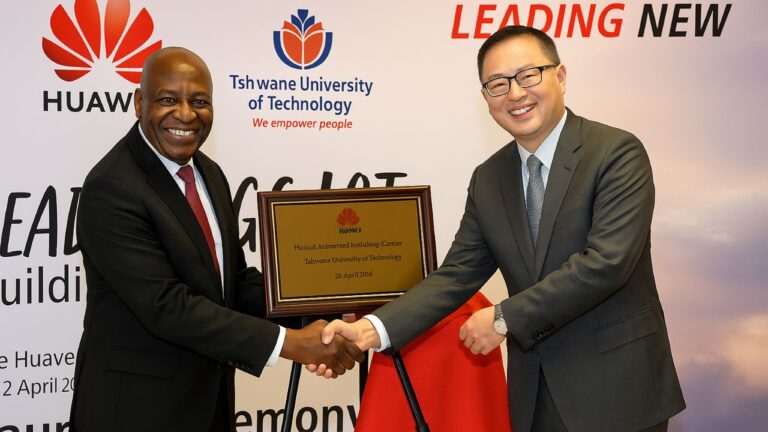TUT Makes Major Strides Towards Establishing New Giyani Campus

TUT Makes Major Strides Towards Establishing New Giyani Campus. The Tshwane University of Technology (TUT) is making significant strides in establishing its new campus in Giyani, Limpopo. This initiative is poised to revolutionize higher education accessibility and stimulate socio-economic growth in the region.
Revitalizing Education Infrastructure
The Giyani Campus is being developed on the premises of the former Giyani College of Education. Years of neglect had left the infrastructure in a state of disrepair, necessitating comprehensive refurbishments. Phase 1 of the renovation, which includes the auditorium, lecture halls, library, kitchen, hostels, and essential utilities like water, electricity, and IT services, is underway and expected to be completed by the end of 2025.
Strategic Collaborations and Community Engagement
The establishment of the Giyani Campus is a collaborative effort involving national and provincial governments, local municipalities, and traditional leadership. The signing of the Permission to Occupy agreement between TUT and the Greater Giyani Municipality marked a significant milestone, allowing the university to commence renovations . The project has garnered support from various stakeholders, including the ANC Youth League, which views the campus as a catalyst for socio-economic development in the Mopani District.
Addressing Community Concerns
While the campus promises numerous benefits, some Giyani residents have expressed concerns regarding admission policies. Fears that centralized admissions might disadvantage local students have been voiced, drawing parallels with experiences at the Giyani Nursing College . Local authorities have urged for constructive engagement to ensure that the campus serves the community’s educational needs effectively.
Economic and Social Impacts
The Giyani Campus is expected to have far-reaching economic and social benefits. By providing local access to higher education, it will reduce the financial burden on students who previously had to travel long distances for tertiary education. The influx of students and staff is anticipated to boost the local economy, create job opportunities, and stimulate infrastructure development.
Conclusion
Applications for the 2026 academic year are set to open in September 2025, with the campus aiming to offer a range of accredited programs approved by the TUT Senate . The university is committed to providing regular updates and engaging with the community to ensure the successful establishment and operation of the Giyani Campus.






